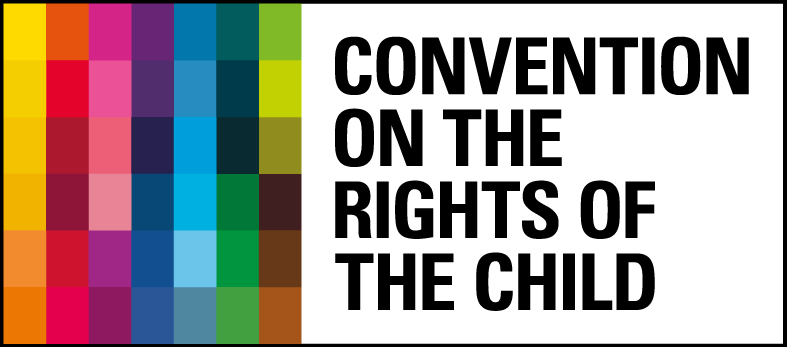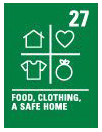1.7 Issues Impacting Health & Wellness in Canada
Developing an understanding of barriers children, families, and communities encounter when accessing early years support is essential for educators working with young children. According to Statistics Canada (2022) 31% of children under 6 years of age are accessing formal child care programs. Children in rural and remote settings are the least likely to access licensed child care due to a lack of programs servicing these areas. Families are faced with challenges finding available and affordable licensed spaces and are now experiencing additional pressures under the new Canada Wide Early Learning and Child Care (CWELCC) program as waiting lists have recently expanded.
Children with special rights, requiring support through inter-professional collaboration, may not have access to these services if they are not enrolled in an early learning program. This impacts early intervention strategies for children and their families who may be requiring resources and respite care.
As Canadians begin recovering from a world-wide pandemic, many families are unhoused and facing challenges they weren’t facing prior to the pandemic. Children living precariously have less opportunity to participate in safe early learning spaces and may not have the ability to establish a healthy foundation for learning.

The Rights of the Child
 Children have the right to food, clothing and a safe place to live so they can develop in the best possible way. The government should help families and children who cannot afford this (Unicef, 2023).
Children have the right to food, clothing and a safe place to live so they can develop in the best possible way. The government should help families and children who cannot afford this (Unicef, 2023).
As Canada moves towards Truth and Reconciliation many Indigenous communities are still without safe drinking water. This is a contravention of the second children’s right of no discrimination under the United Nations Convention on the Rights of the Child (2023). While many surrounding communities have access to safe drinking water this right is not granted to many Indigenous communities throughout Canada. Educators working with young children play a significant role in advocating for the children and families in their care. Chapter seven will discuss ongoing barriers for families in accessing equitable, safe, and healthy developmental opportunities for their children.
Truth and Reconciliation Commission of Canada: Calls to Action
12. We call upon the federal, provincial, territorial, and Aboriginal governments to develop culturally appropriate early childhood education programs for Aboriginal families (TRC, 2015).

